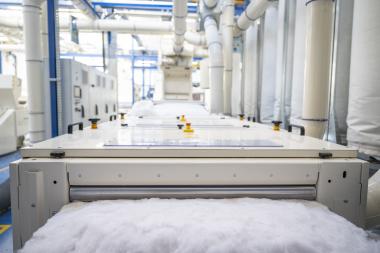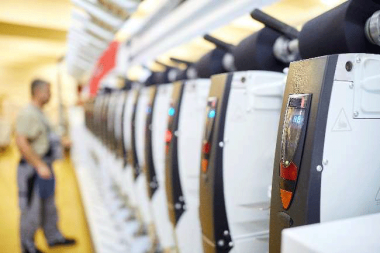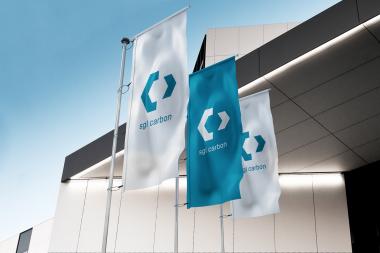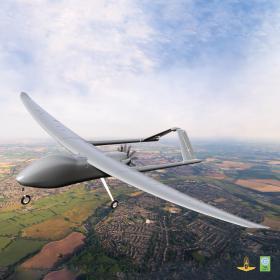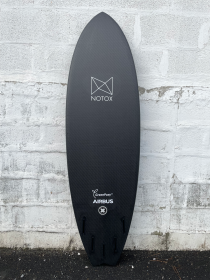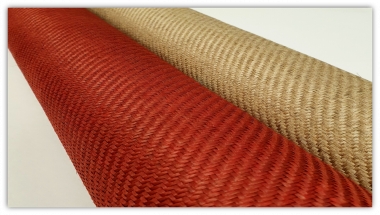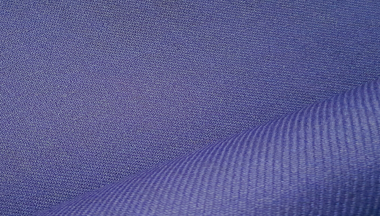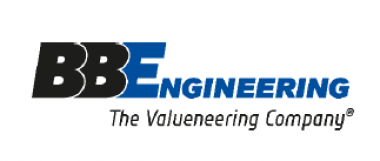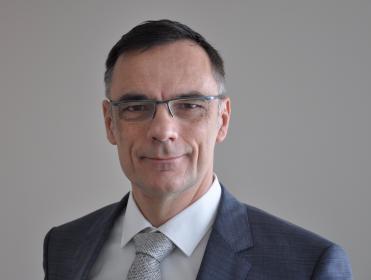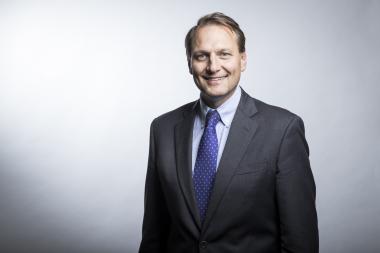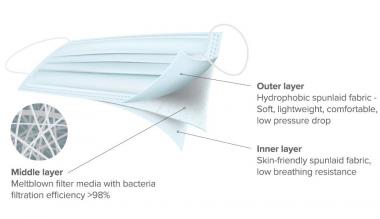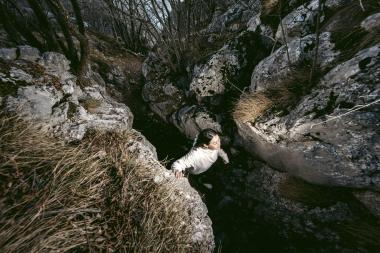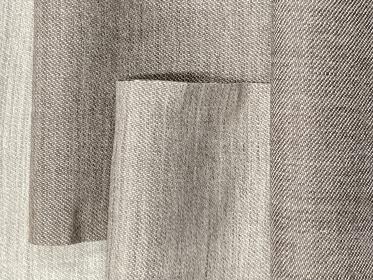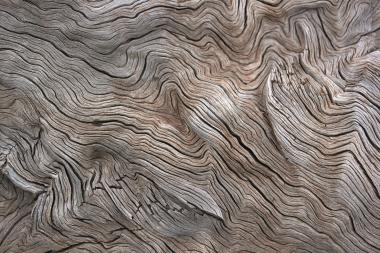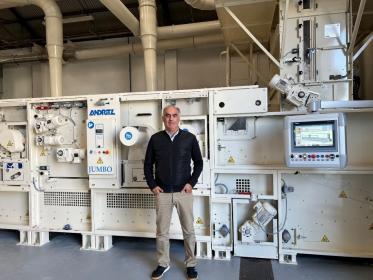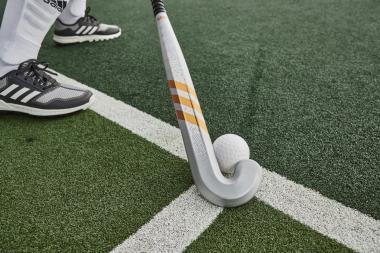DiloGroup at ITM + Hightex 2022
International textile producers meet again in Istanbul, Turkey, from June 14 – 18, 2022 on the occasion of the ITM + Hightex Exhibition. In Hall 9 (Hightex) the exhibitors will present the complete industry value chain from nonwovens raw materials, production machines and accessories to the endproduct. The related industries covered include hygiene, filtration, fabrics and apparel, medical, automotive, wipes, home furnishings and upholstery. DiloGroup offers tailor-made production systems from one supplier and will inform about its portfolio and the latest equipment developments from fibre opening to the finished felt.
DiloGroup will inform about complete lines as well as high speed needlelooms for spunbonds. A new, simplified elliptical needle beam drive makes Hyperpunch technology also attractive for standard application. Hyperpunch HαV allows a more uniform stitch distribution in the preneedling process especially in combination with the new needle pattern 6000X. In a complete needling line this felt homogenization process can be improved further. The new needle pattern 8000X is a milestone in the needle pattern development process and results in endproduct surfaces with low markings over a wide range of advances/stroke.
Another strong pillar of the sales program over decades has been fibre preparation and high speed webforming equipment for other nonwoven technologies. The further development of the high-speed layering principle “Hyperlayer” made progress for better CD strength through a combination of inline cards and crossline card with crosslapper. Particularly, carding machines in a working width above 3.5 m up to 5.1 m have been supplied by DiloSpinnbau as complete high speed carding systems, comprising two or even three cards in a line to directly feed the hydroentangling units of various suppliers. Together with DiloTemafa not only have high throughput rates been achieved in the fibre preparation section of the line but also dedusting filtering and air-conditioning systems have been successfully engineered and integrated.
Together with Sicam, Dilo has combined know-how for hydroentangling technology and therefore can provide complete lines as general contractor including equipment for cutting, winding and packaging.
Another interesting machine is the 3D-Lofter, first presented during ITMA 2019 in Barcelona, which offers a wider range of nonwovens applications by exploring the third dimension. A series of single web forming units which work according to the aerodynamic web forming principle deliver defined fibre masses in varied patterns on a base needlefelt. A stress oriented production of technical formed parts resulting in fibre savings or patterned DI-LOUR or DI-LOOP felts with or without repeat are two examples for this technology which explores new application areas for needlefelts.
The 3D-Lofter technology may also be used “inverted” as “IsoFeed” for filling up bad spots in web mats and thus achieves a better homogeneity of spunlace or airlay products.
The DiloLine 4.0 concept offer I4.0 modules which not only support the user but also facilitate quality control and maintenance by a maximum data transparency in production and control of operation. The Dilo solutions “Smart Start” for a fully automatic start of the production line or “DI-LOWATT” for energy savings are accompanied by Siemens solutions which can be selected via App or Data Cloud “MindSphere”.








